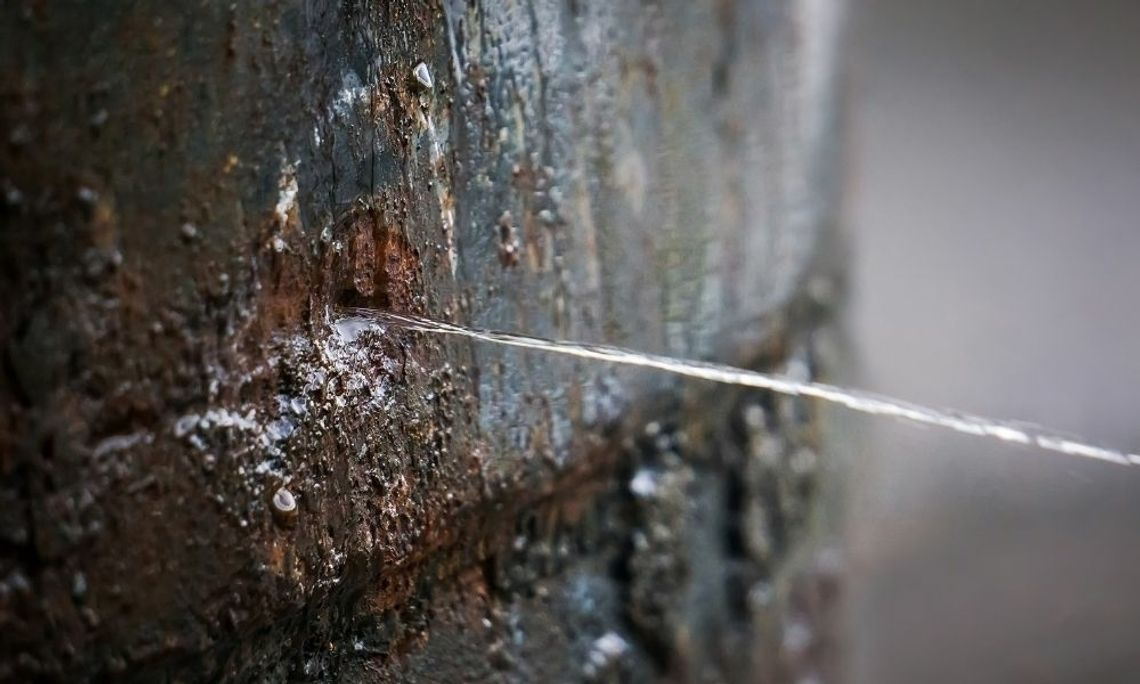Corrosion is the arch-nemesis of metal. Metal plumbing is especially prone to this devastating process due to its constant contact with water.
The last thing you want is corroded pipes threatening the health and safety of your building and the people that live within. That’s why it's crucial to keep an eye out for the signs of corrosion. To help you out, we share five ways to tell if your pipes are corroding—and what to do if you notice any peculiarities.
Water That Smells, Tastes, and Looks Odd
Fresh water is clear, odorless, and mostly tasteless. Corroded pipes can turn your water brown, blue, or green and make it smell metallic. Oxidization, a common cause of corrosion, can also make water taste metallic or sweet.
Clogging
Corroded particles can build up inside pipes. This inhibits water flow and consequently lowers the water pressure of your fixtures. Clogging caused by corrosion can ultimately lead to pipe bursts and leaking.
Leaking
Corrosion slowly eats away at metal components and irreparably harms their structural integrity. Pipes weakened by corrosion are bound to burst or leak sooner or later.
Poor Water Pressure
Have you noticed that your faucets and showers aren't working as well as they used to? You might barely get enough water or pressure to perform everyday tasks. A common cause of this is clogging because of corrosion.
Strange Noises
Another way to tell if your pipes are corroding is by listening. If you notice bangs, bumps, and clanks coming from within your walls, something's wrong. These sounds are a revealing sign of corrosion.
If you notice any of the above signs, there's a good chance you have corroded plumbing. Call a plumber as soon as possible to get the problem sorted.
However, keep in mind that some forms of corrosion, such as intergranular corrosion, progress slowly and are hard to spot until it's too late. For this reason, we recommend scheduling annual maintenance on your plumbing to keep corrosion at bay.


Comment
Comments